How Seasonal Temperature Swings Affect Your AC Condenser Unit
Nov 8, 2024
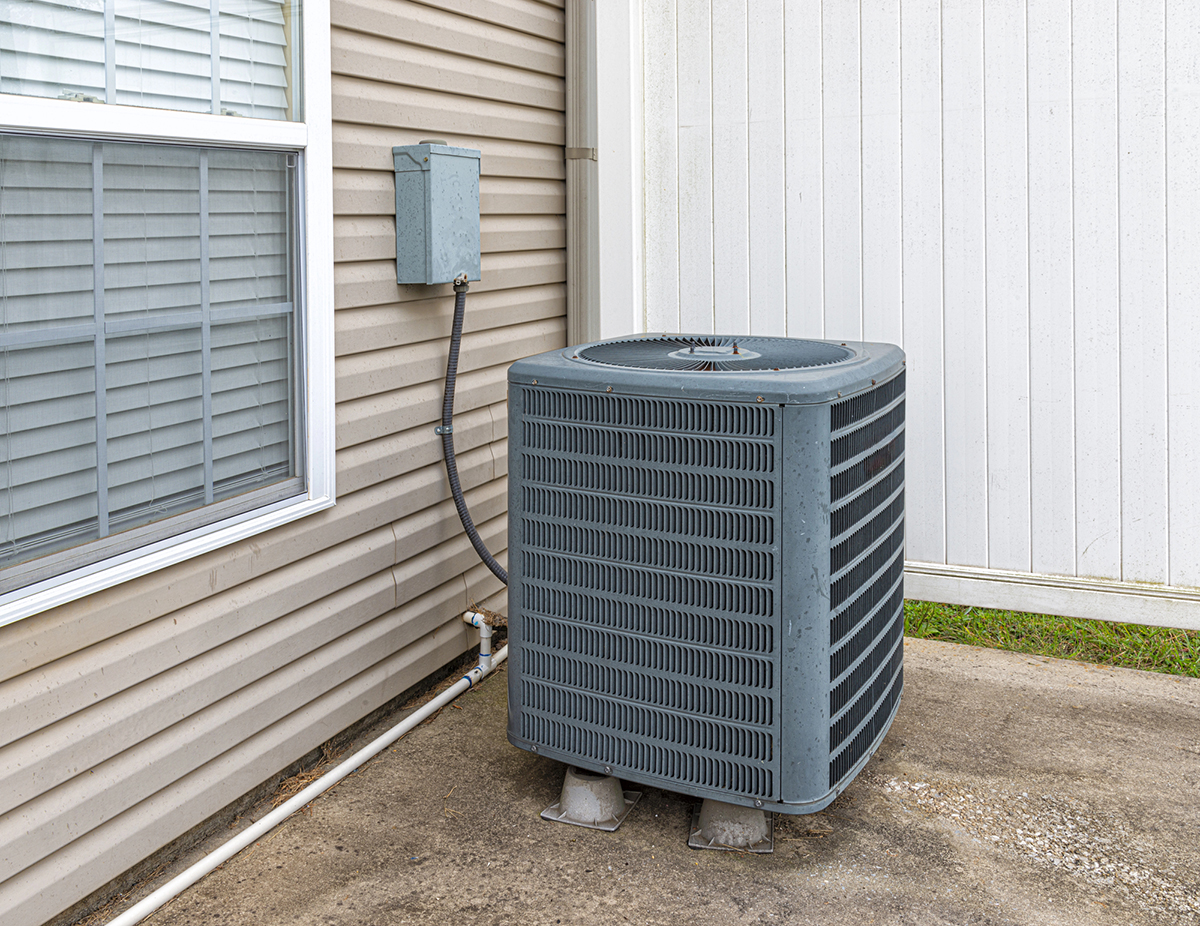
How Florida’s Weather Impacts Your AC Condenser
Florida’s warm and humid climate puts a lot of strain on air conditioning systems, especially the condenser. The outdoor condenser unit is responsible for cooling the refrigerant that flows through the AC, and it has to work harder with Florida’s unique weather challenges, such as high humidity and salt exposure near coastal areas. Keeping your condenser well-maintained can prevent issues and keep your AC running smoothly all year.
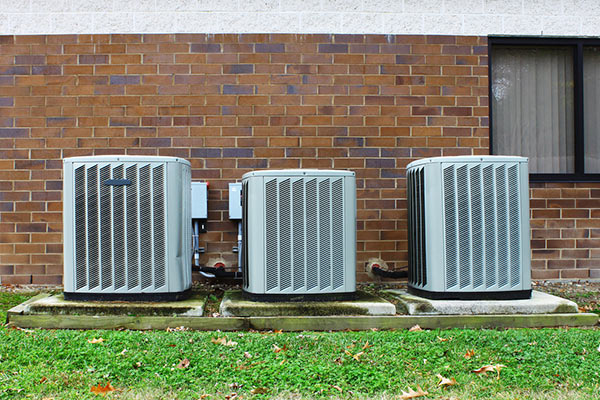
Why the Condenser Is Crucial
The condenser plays a key role in cooling your home by releasing heat from the refrigerant. In Florida’s heat, it works harder and needs extra attention to prevent overheating or other issues.
The Unique Challenges of Florida’s Climate
With high temperatures, humidity, and regular storms, Florida’s weather can wear down your AC system if maintenance isn’t kept up year-round.
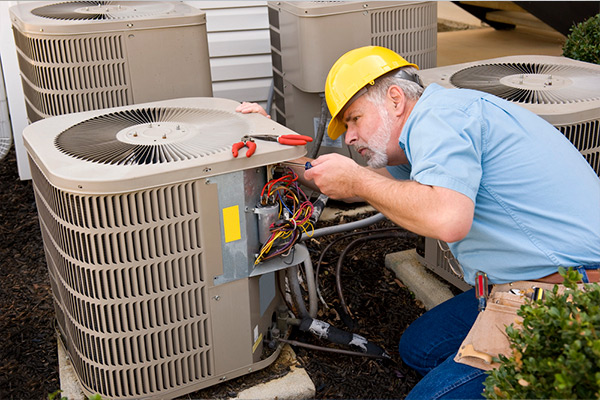
Handling Heat and Humidity
In the hottest months, Florida’s heat and humidity make the condenser work overtime. High temperatures mean the unit has to run longer to cool your home, while humidity adds an extra load since the AC also removes moisture. This increased workload can cause parts to wear out faster if not properly maintained.
- Get a professional check-up in early summer to ensure the condenser is in top shape.
- Clear away any debris and make sure there’s good airflow around the unit.
- Consider adding a shade to keep the condenser from overheating in direct sunlight.
Signs of Strain on Your Condenser
If your condenser is struggling in the summer heat, you may notice unusual sounds, higher energy bills, or reduced cooling power. Catching these signs early can help prevent costly HVAC repair needs.
Effects of Rainy Season
Florida’s rainy season, typically from May to October, brings heavy rain that can impact your condenser. Water pooling around the unit can lead to damage, and constant moisture can cause parts to rust, especially in coastal areas.
Protecting Your Condenser During Heavy Rains
Make sure the area around the condenser drains well, and trim back any plants or grass that might block airflow or trap moisture near the unit. Keeping the unit elevated slightly above ground level can also protect it from water damage.
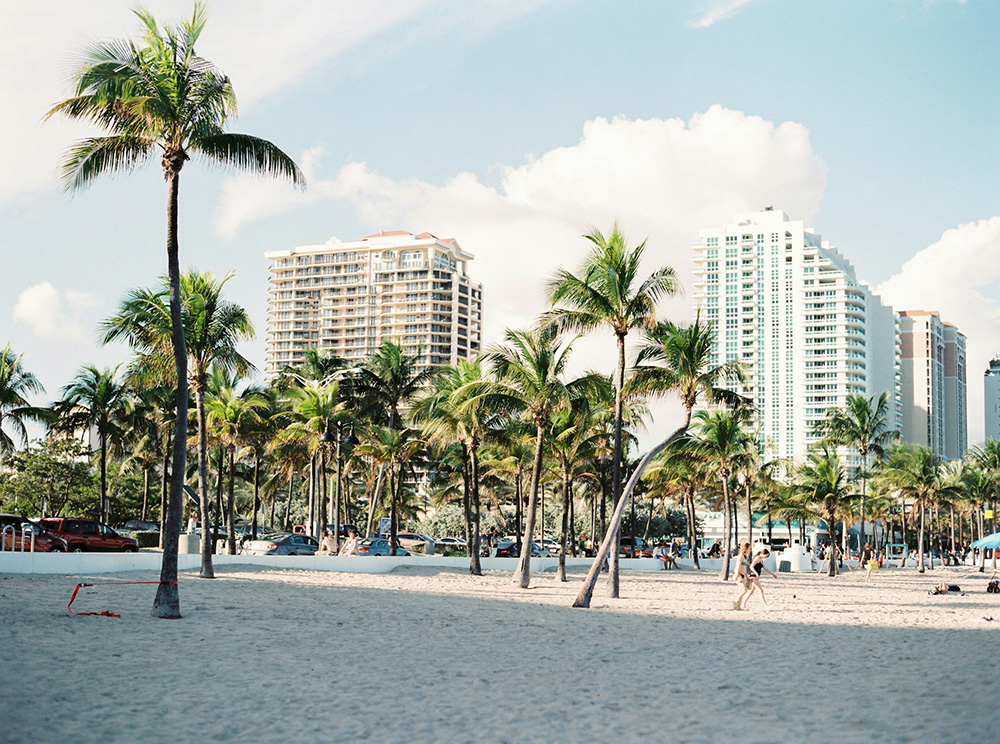
Dealing with Coastal Corrosion
If you live near the coast, consider applying an anti-corrosion coating on the condenser to prevent salt and moisture from causing rust and other damage over time. Your local air conditioning company can help with treatments that extend your AC’s lifespan.
Preparing for Hurricane Season
Hurricane season lasts from June to November and brings high winds, rain, and debris that can damage the condenser. Power surges from storms also pose a risk to the AC system, which is why it’s worth considering a whole home generator to protect your AC and other appliances during power outages.
Hurricane-Proofing Tips
- Clear any loose items that could fly into the condenser during a storm.
- Consider covering the unit to protect it from debris.
- Install a surge protector to guard against power surges.
Post-Storm Inspection
After a hurricane, inspect your condenser for any visible damage, clear away debris, and call a professional if you notice any performance issues. Prompt attention can help prevent further problems and keep your system running smoothly.
Seasonal Maintenance in Spring and Fall
While Florida doesn’t have extreme seasonal changes, it’s helpful to perform some basic maintenance during the transition months of spring and fall. Cleaning the condenser coils, replacing the air filter, and checking for any loose parts can keep your AC running efficiently. These simple tasks help reduce the strain on your system, so it’s ready for both summer heat and the mild winter.
Key Maintenance Tasks for Spring and Fall
During spring and fall, take the time to clean the condenser coils, check for debris, and tighten any loose parts. Simple checks each season can save you from major issues later on. Regular checks help avoid larger problems, and sometimes it may be best to consider HVAC installation if your system is older and struggling to keep up with Florida’s demands.
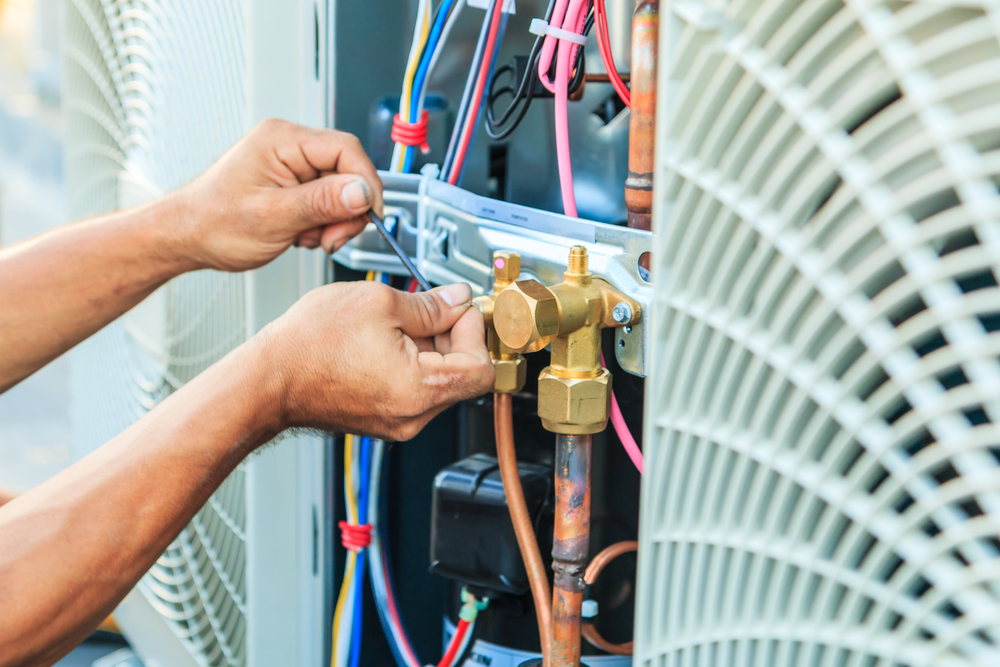
Keeping Your AC Condenser in Good Shape Year-Round
With Florida’s year-round warm weather, your condenser rarely gets a break. Routine care every few months can keep it working efficiently and extend its lifespan.
Consistent Care Tips
Make sure there’s a 2-foot clearance around the condenser to ensure good airflow, replace filters regularly, and schedule annual professional maintenance. By staying on top of these simple tasks, you can avoid unexpected breakdowns and enjoy reliable cooling in Florida’s hot climate.
Benefits of Regular Maintenance
With routine maintenance, you can extend your AC’s life and keep your home cool and comfortable, even in Florida’s challenging climate.
Contact Our Brevard County Team
Florida’s weather is tough on AC units, but with regular maintenance, you can keep your condenser running efficiently all year. By preparing for the extreme heat, heavy rains, and hurricane season, you’ll help your AC system stay strong through every season. Taking a little time each season to care for the condenser can make a big difference in how well it performs and how long it lasts.
